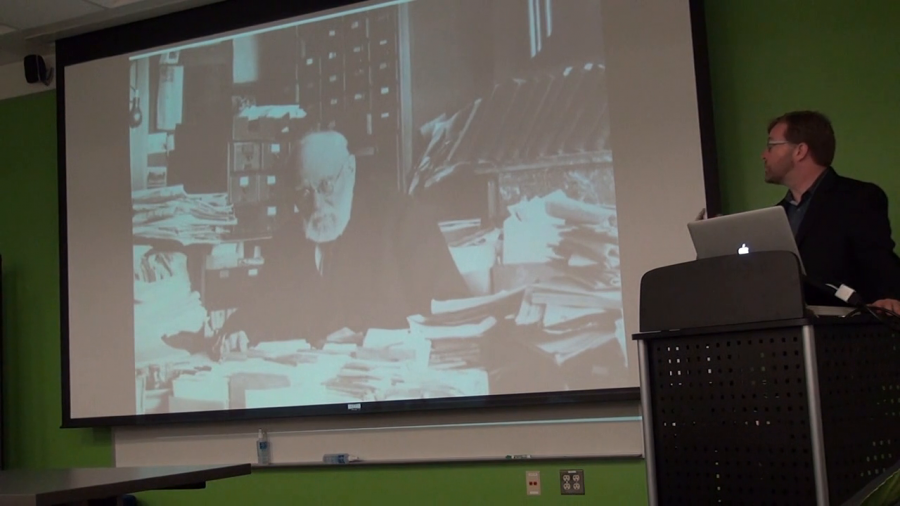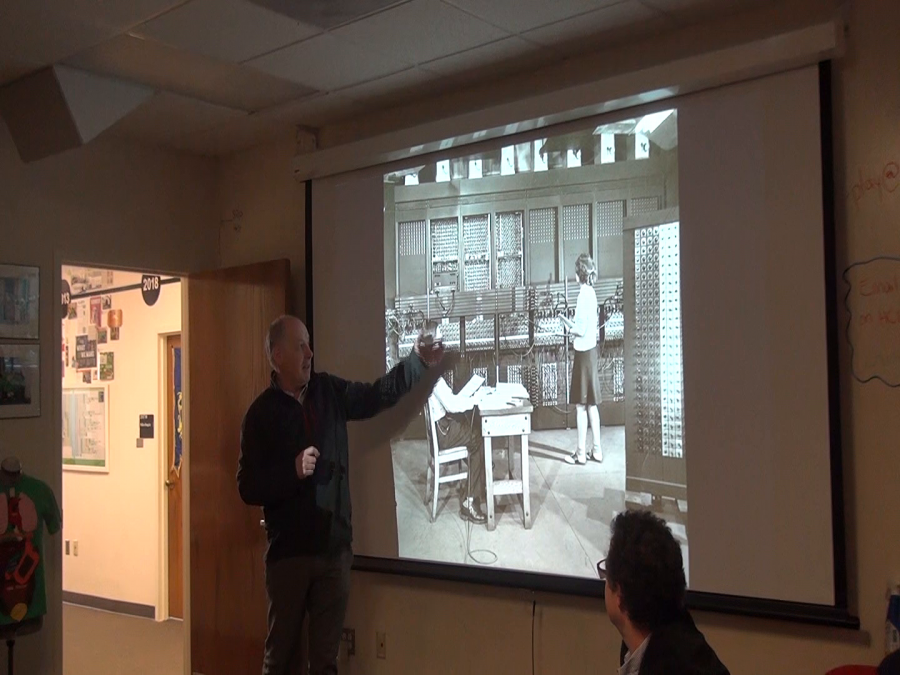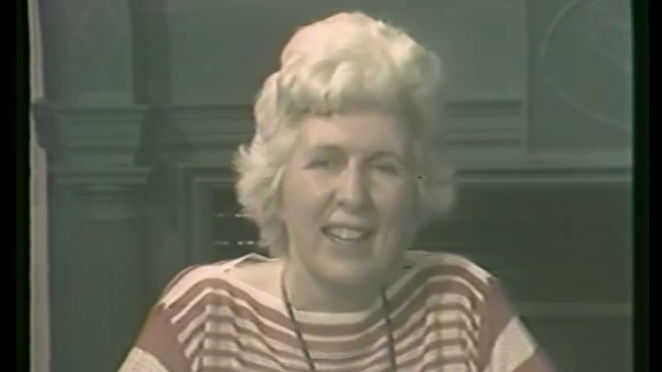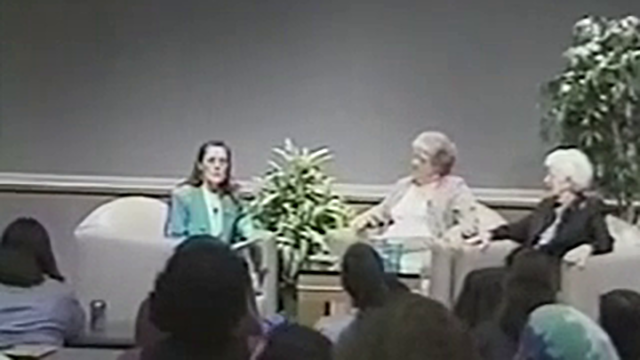The largest part of the ENIAC team by far were the people that were actually building the thing. And it’s interesting they’ve been forgotten by history, because although their job titles were wiremen, technicians, and assemblers, being a business historian I looked up the accounting records, and sometimes they spell out the payroll. You suddenly see all these women’s names like Ruth, Jane, Alice, Dorothy, Caroline, Eleanor showing up.
Archive

I wanted to give you a little bit of perspective on Otlet’s broader vision, which I think is in a way even more interesting as a reference point for thinking about some of the changes we’re seeing today as our lives are increasingly reshaped by technology and networks. What Otlet offers is a different way into that space, and a different way of thinking about what a networked world could look like.



